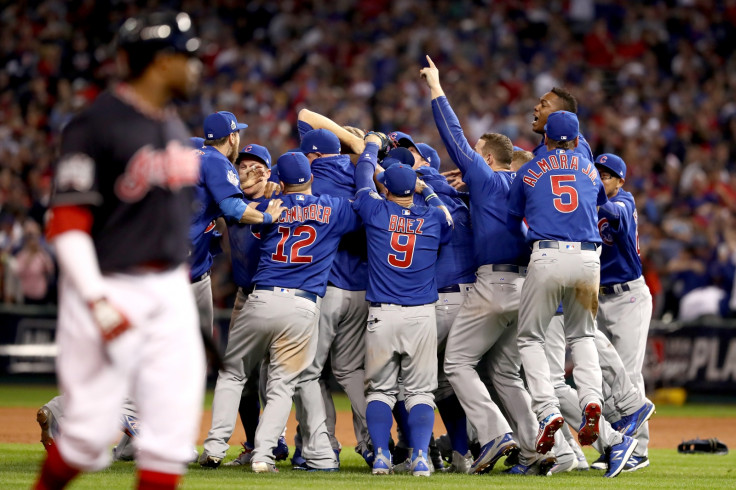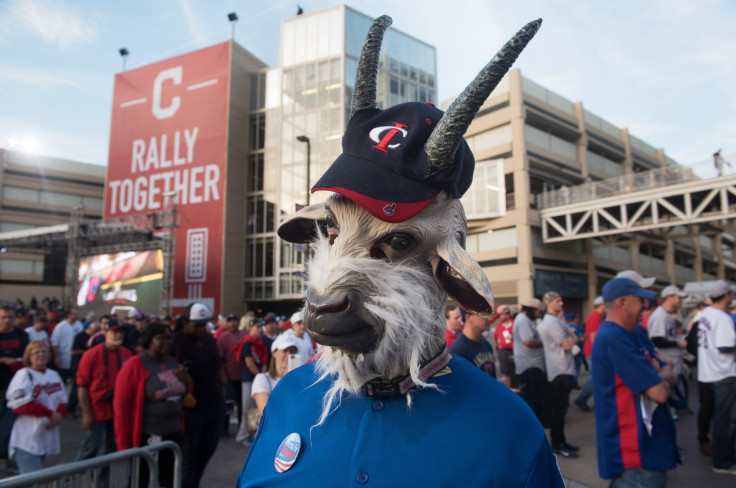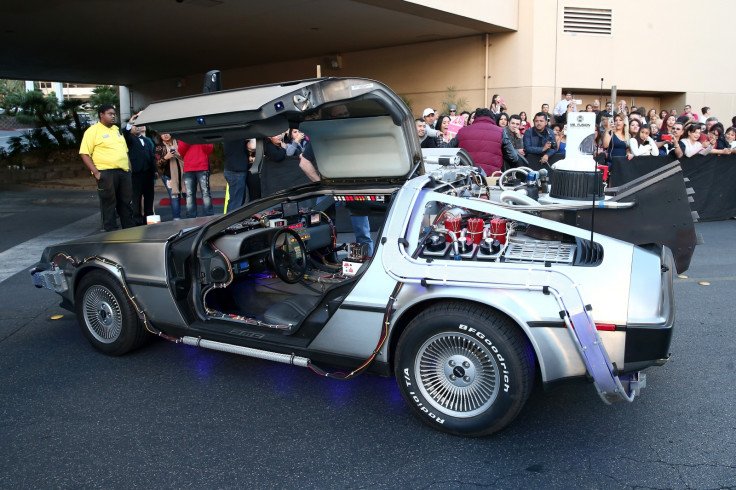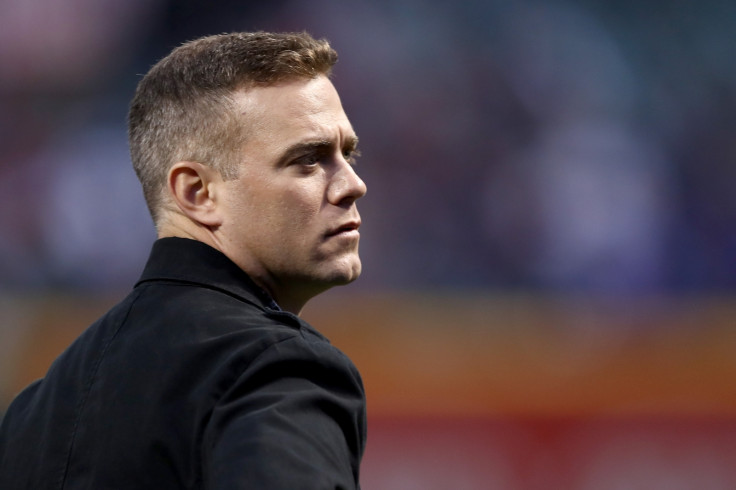How the Chicago Cubs ended their 108-year World Series curse
Over a century of history defied as the Cubs beat the Cleveland Indians to end The Curse of the Billy Goat.

Way back in 1985 Hollywood thought it humorous it was funny to the Chicago Cubs might win the World Series, and the scriptwriters nearly called it right.
In Back To The Future II, the Cubs won the 2015 World Series and though in reality it took a year longer to claim baseball's great prize, it is no less sweet.
The Cubs beat the Indians, a team with their own World Series drought dating back to 1948, in dramatic circumstances, 8-7 in extra inning of game seven. The Cubs had trailed the best-of-seven series 3-1 but clawed their way back to setup a decider in Cleveland.
Though they led from the first inning The Cubs added to the narrative by almost tossing the title away, with premier pitcher Aroldis Chapman giving up a game-tying home run to Rajai Davis in the eighth inning. So close and yet so far and it appeared that the curse which has haunted the franchise would live on. However, come the first extra inning, history was finally overturned.
'The Curse of the Goat' only entered the lexicon after World War Two when William Sianis was asked to leave Wrigley Field during game four of the World Series because the smell of his pet goat, Murphy, was bothering other fans. "Them Cubs, they ain't gonna win no more," he said, and, double negatives aside, win no more World Series they did. Until now.

Despite the curse, the Cubs are one of baseball's big international brands, alongside the New York Yankees and the Boston Red Sox. They have a long history and a beautiful ballpark. And much like the Red Sox, a curse hung over them.
The Indians on the other hand were battling a reputation for hapless failure, immortalised by Hollywood in Major League, with a team of misfits played by Charlie Sheen, Tom Berenger and Wesley Snipes overcoming adversity and dastardly owners to find sporting redemption.
But in real life, glory is often acquired more prosaically. Boston's Curse of the Bambino – so called because the sale of superstar Babe Ruth to the Yankees led to an 86-year World Series drought – ended in 2004. The Red Sox by this point were owned by billionaire John W Henry [now owner of Liverpool], who optimized the opportunities for one of baseball's biggest franchises.

Henry created a sporting empire built around a big brand, a famous old stadium that always sells out, increased television revenue and mathematics. This final element was repeated in Michael Lewis' book/movie Moneyball, the story of general manager Billy Beane's attempts to make the Oakland Athletics punch above their weight by adopting statistical methods far in advance of the gut feelings and outmoded methods.
Henry tried to sign Beane as general manager of the Red Sox. When Beane declined, Henry instead hired Yale graduate Theo Epstein, at 28 the youngest GM in baseball history. Epstein helped the Red Sox end their curse and in 2011 he moved to The Cubs. Now Epstein has overseen the end of baseball's most infamous World Series droughts. Ironically, the manager of that Red Sox team, Terry Francona, was in the Indians dugout for this World Series.
There are only 30 teams in Major League Baseball and eight of them have never won the World Series, although all of those teams only joined MLB after 1961 and are relative novices. Given how few teams can actually claim the title, everyone expects to win it sometime.

Alternatively, in English football nobody talks of The Curse of Huddersfield Town, a team who won the championship three times in the 1920s and never again since. The Cubs will now be expected to win the World Series again in the immediate future. The curse has been lifted, consigning to history one of the team's romantic themes. But the Cubs will continue to be held dear in the hearts of baseball fans around the world thanks to their famous old ballpark.
An evening at Wrigley Field feels like stepping back into history and attracts all who travel to Chicago in the summertime. Standing outside American sport's penchant for ultra-new stadia – which, at their worse, can feel more like shopping malls than sporting arenas – the home of the Cubs has narrow walkways, uncomfortable seats, an old-fashioned scoreboard and ivy on the home run wall.
Wrigley Field is quaint, but it would be foolish to believe that the Cubs, just like all other American sporting franchises is not a business first and foremost. The name, after all, was taken from the famous chewing gum manufacturers. The Curse is Dead. Long live the Cubs.
© Copyright IBTimes 2025. All rights reserved.





















